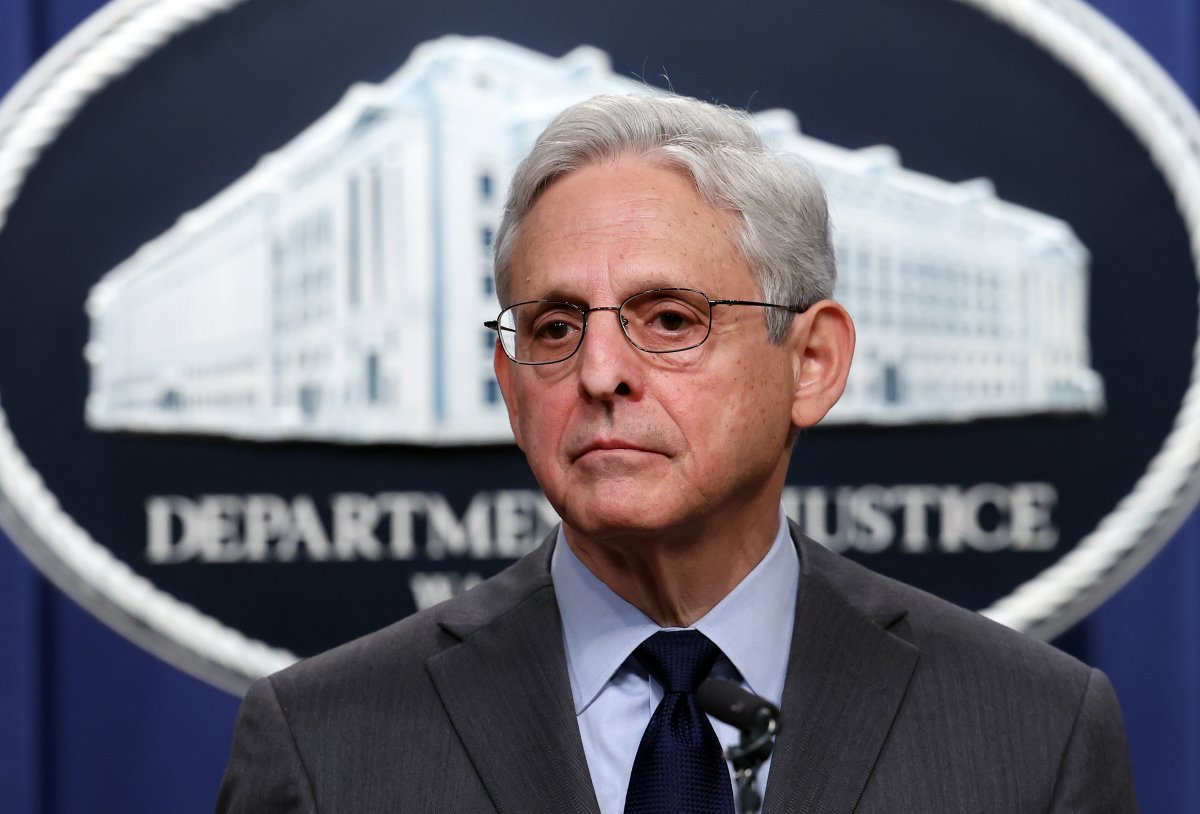Attorney General Merrick Garland has appointed Jack Smith as a special prosecutor to investigate Donald Trump. The decision was made after Trump announced his candidacy for President. The purpose of a special prosecutor is to avoid both the reality and perception of political bias that is inherent in an attorney general investigating his boss's potential political opponent.
The positive side of a special prosecutor is that he is independent of the attorney general and other high-ranking justice department officials who were appointed by the incumbent president and can be fired or promoted by him. This is not to suggest that any of these people would be overtly influenced by a political consideration rather than by the rule of law. Such bias is, of course possible, either at a conscious or unconscious level, but even if it did not exist in reality, the widespread perception would be that it was there. Justice must not only be done, but it must also be seen to be done. This is especially important in our current age of highly divisive partisan politics.
By all accounts, Jack Smith fits the bill for independence and professionalism. He has a long career as a state, federal, and international prosecutor. His experience makes it highly likely that he will conduct an objective investigation. But whichever way it turns out, Smith will be attacked: partisan Republicans will criticize him if he finds against Trump, while partisan Democrats will object if he finds in his favor. It is a no-win situation for anyone interested in popularity or a political future. Previous special prosecutors, such as the late Ken Starr, understood this when they took the job, but they placed patriotism over careerism.

The role of a special prosecutors is unlike that of a general prosecutor because special prosecutors have a specific target. Prosecutorial discretion is a central, perhaps the central, aspect of the job of ordinary prosecutors. They not only decide if the criminal law was technically violated. They also look at every case against the background of similar cases that either were or were not prosecuted. This is especially important in a high visibility and divisive case like that of Donald Trump.
Assume for example that an investigation concludes that he was technically guilty of violating statutes regarding the mishandling of classified or secret documents. But also assume that the investigation concludes that his misbehavior was not significantly worse than Hillary Clinton's who was also a presidential candidate. An ordinary prosecutor can undertake a comparative analysis such as the one undertaken by the prosecutors and the FBI in the Hillary Clinton case. They concluded that no one had previously been prosecuted for comparable conduct. A special prosecutor is less likely to make a comparative judgment, although his mandate would not preclude that.
The job of an ordinary prosecutor is to investigate crimes in general and prioritize those that should be prosecuted. They do not ordinarily focus on the individual first and then seek to determine whether he has committed any crimes. But that is precisely what special prosecutors do. As the old expression goes, "to a hammer, everything is a nail." To a special prosecutor, his target may well be presumed guilty, rather than innocent. This is not inevitable, but it is more likely with regard to a special prosecutor rather than an ordinary one.
No one should rush to judgment about Garland's decision to appoint a special prosecutor. Garland is a decent man, a highly respected former judge, and someone who has not immersed himself in partisan politics. His choice of special prosecutor also seems suitable to the job. But it remains to be seen whether Smith and his staff will be able to resist the enormous partisan pressures that will be placed on them.
Thus far, the investigations of Trump and his associates have not passed the test either of justice being done or being seen to be done. An aura of partisanship has permeated most of the investigations, especially those conducted by the House Jan. 6 Committee and by New York Attorney General Letitia James, who campaigned on the promise to "get Trump." How several of Trump's associates have been arrested and handcuffed has also lent credibility to claims of partisanship as did the use of a broad warrant instead of a narrower subpoena in the search of Mar-a-Lago.
Accordingly, a special prosecutor must be "Caesar's wife," when it comes to conducting investigations of a Republican candidate for president. Anything short of complete objectivity and compliance with the rule of law will only exacerbate the partisan divisions that currently plague our country.
Follow Alan Dershowitz on
Twitter: @AlanDersh
Facebook: @AlanMDershowitz
New podcast: The Dershow, on Spotify, YouTube and iTunes
Dersh.Substack.com
The views expressed in this article are the writer's own.
Uncommon Knowledge
Newsweek is committed to challenging conventional wisdom and finding connections in the search for common ground.
Newsweek is committed to challenging conventional wisdom and finding connections in the search for common ground.
About the writer
To read how Newsweek uses AI as a newsroom tool, Click here.








